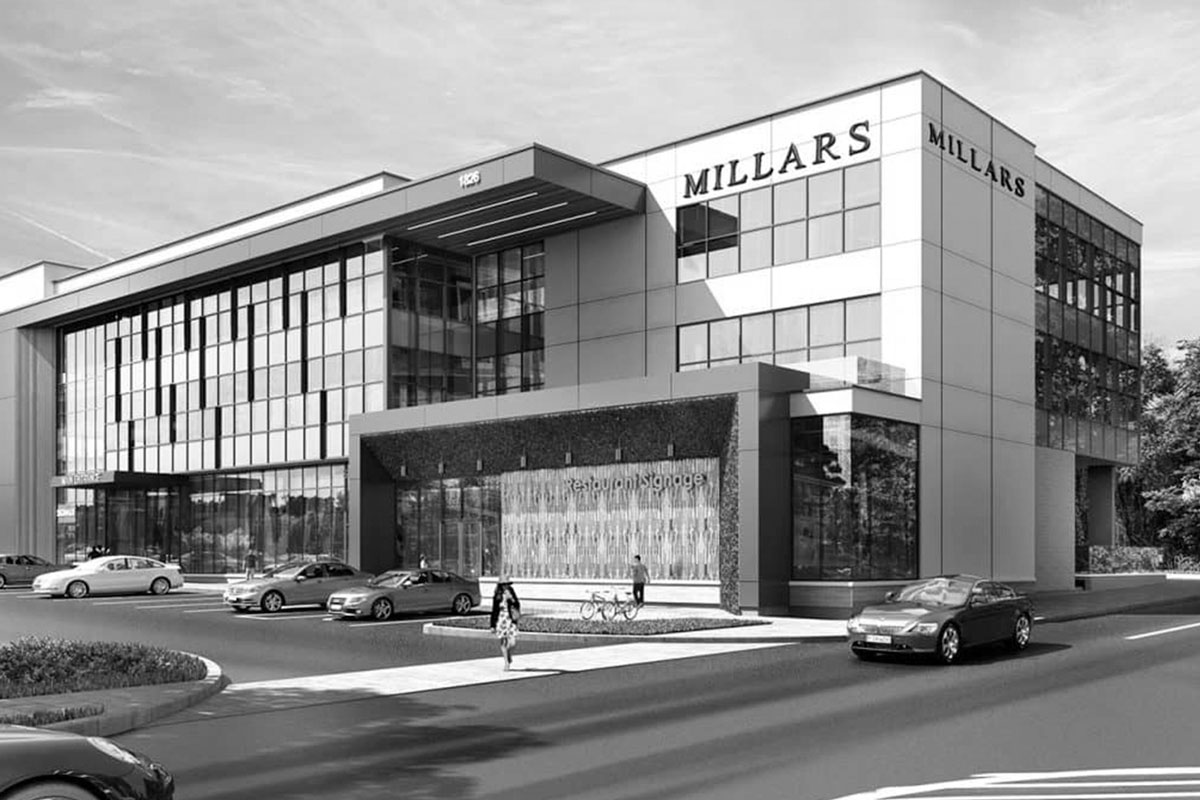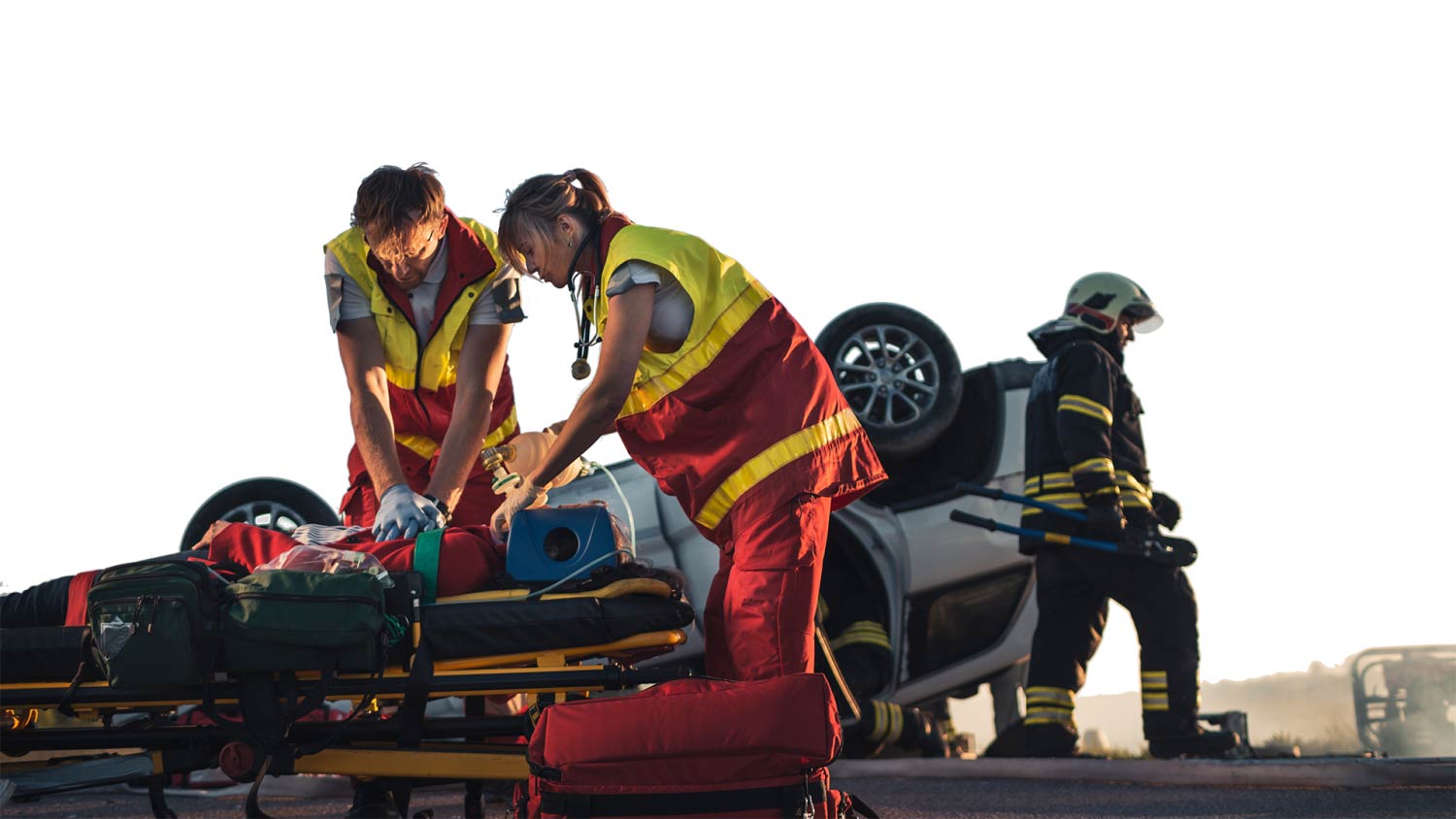Serious Collisions, Trucking, Motorcycle, Pedestrian Claims
The force of impact in a motor vehicle collision can be catastrophic, leaving lives irrevocably altered. Car crashes, devastating truck accidents, vulnerable motorcycle, pedestrian, and cyclist incidents are direct results of driver negligence, often compounded by complex insurance systems. Victims face immediate physical trauma and the daunting task of securing necessary medical care while confronting insurers determined to minimize payouts.
We immediately move to establish liability, manage crucial communications with insurers, and build a powerful case for damages. This involves navigating the process for accessing accident benefits to cover initial medical and income support, while simultaneously building the tort claim against the at-fault driver for compensation covering pain, suffering, long-term care needs, and income losses beyond available benefits. When the road becomes a battlefield, we are your ally, fighting for every dollar you need to recover and move forward.

The first 72 hours after a motor vehicle accident determine whether you’ll receive fair compensation or become another insurance company victory. While you’re dealing with injuries and trauma, adjusters are already building their defense against your claim.
We immediately deploy our investigation team to preserve crucial evidence before it vanishes forever. Scene photos, witness statements, vehicle positioning, road conditions—everything insurance companies hope disappears gets locked down and protected.
Most law firms wait for you to heal before taking action. We go to war immediately because we know that’s when cases are won or lost.

Motor vehicle collisions aren’t just accidents—they’re battlegrounds where insurance companies deploy armies of adjusters, investigators, and lawyers to minimize what they owe you. While you’re fighting to recover, they’re fighting to pay you as little as possible.
We don’t play defense. From the moment you retain us, we go on the offensive. Our team immediately secures crash scene evidence, interviews witnesses before memories fade, and brings in accident reconstruction experts to build an unassailable case. We’ve seen too many victims accept inadequate settlements because they didn’t understand the true value of their claim or couldn’t withstand the insurance company’s pressure tactics.
Insurance companies have playbooks designed to minimize your payout, and they execute them while you’re vulnerable and healing. They’ll offer quick settlements before you understand your injuries, conduct surveillance to catch you in “normal” activities, and delay payments, hoping you’ll accept less out of desperation.
Their adjusters are trained negotiators whose bonuses depend on paying you the minimum possible. They’ll question every medical treatment, challenge your pain levels, and argue that your injuries were pre-existing or unrelated to the collision.
We know their tactics because we’ve fought them for years. When they try to lowball you, we show them what happens when they face real trial lawyers who aren’t intimidated by their corporate machinery.


Seek immediate medical attention. Report the accident to the police and your insurer promptly. Obtain the other driver’s information. Most importantly, contact a lawyer before providing a detailed statement to any insurance adjuster.
Accident Benefits (or similar no-fault benefits, depending on your province) are available through your own auto insurance policy, regardless of who caused the crash. They help cover essential expenses like medical treatment, rehabilitation, and income replacement while you recover.
Yes, in most provinces, you can pursue a tort claim against the at-fault driver for damages beyond what Accident Benefits cover, such as compensation for pain and suffering (subject to potential provincial deductibles or thresholds), full past and future income loss, and ongoing care needs.
There are critical deadlines. You must notify your insurer of the accident very quickly (often within 7 days) and submit a formal application for benefits (like the OCF-1 in Ontario) typically within 30 days of receiving the form or within 30 days of the accident, depending on provincial rules. Delays can jeopardize your access to benefits.
The general limitation period for filing a tort claim is typically two years from the date of the accident, but there can be exceptions or specific notice requirements depending on the circumstances (like claims against municipalities for road defects). It is vital to get legal advice immediately.
You can seek non-pecuniary damages (for pain, suffering, and loss of enjoyment of life), damages for income loss (past and future), costs of future medical care and rehabilitation, and out-of-pocket expenses incurred due to the injury.